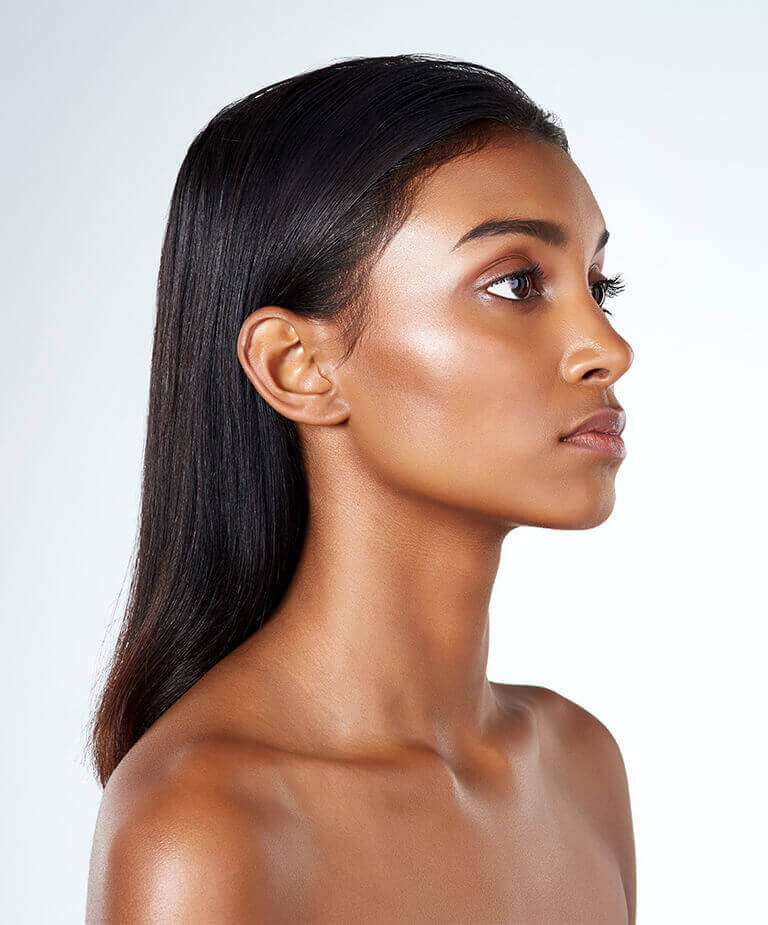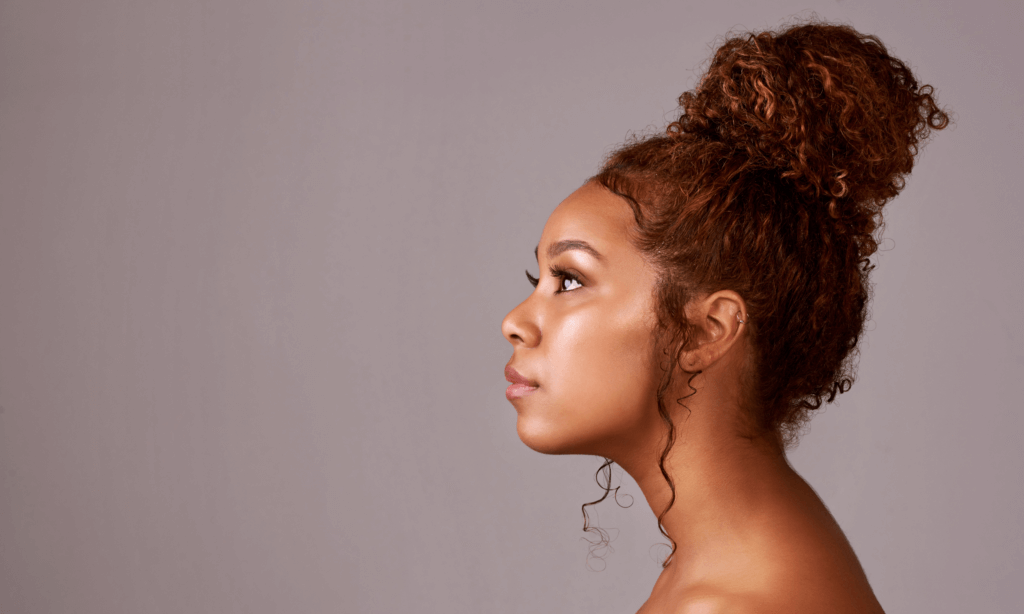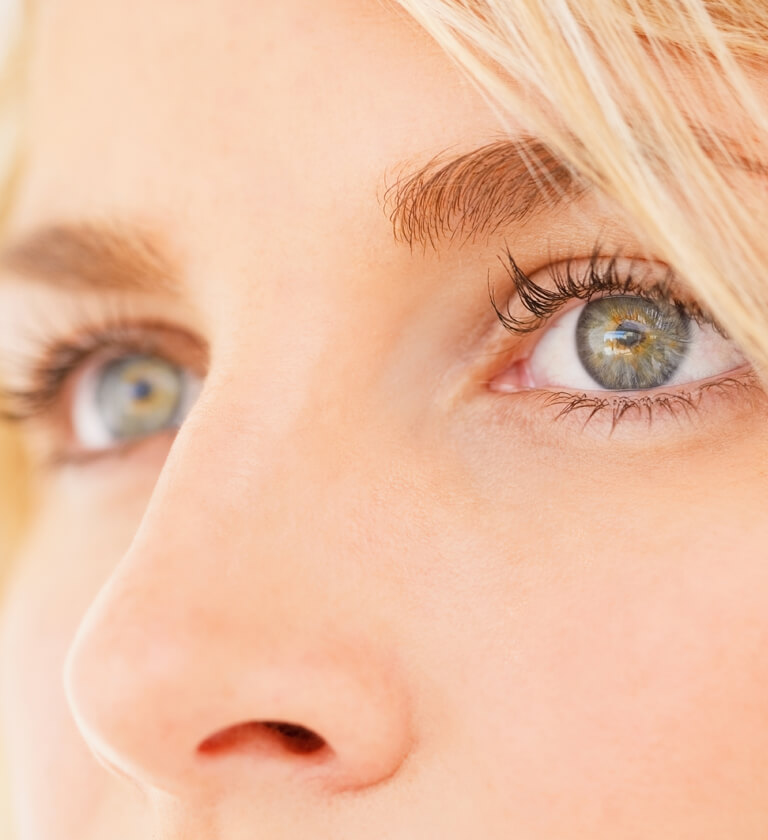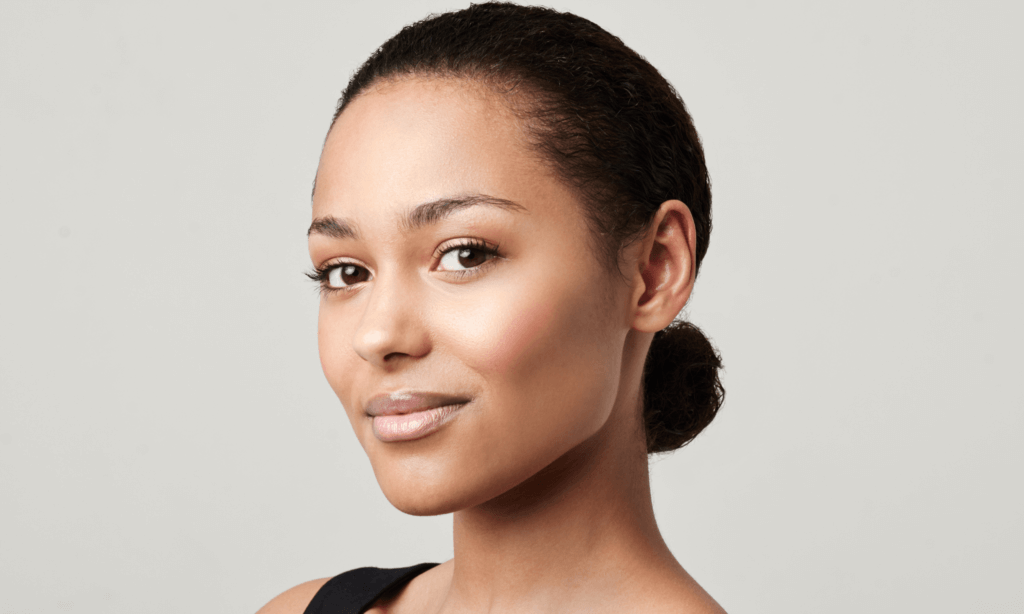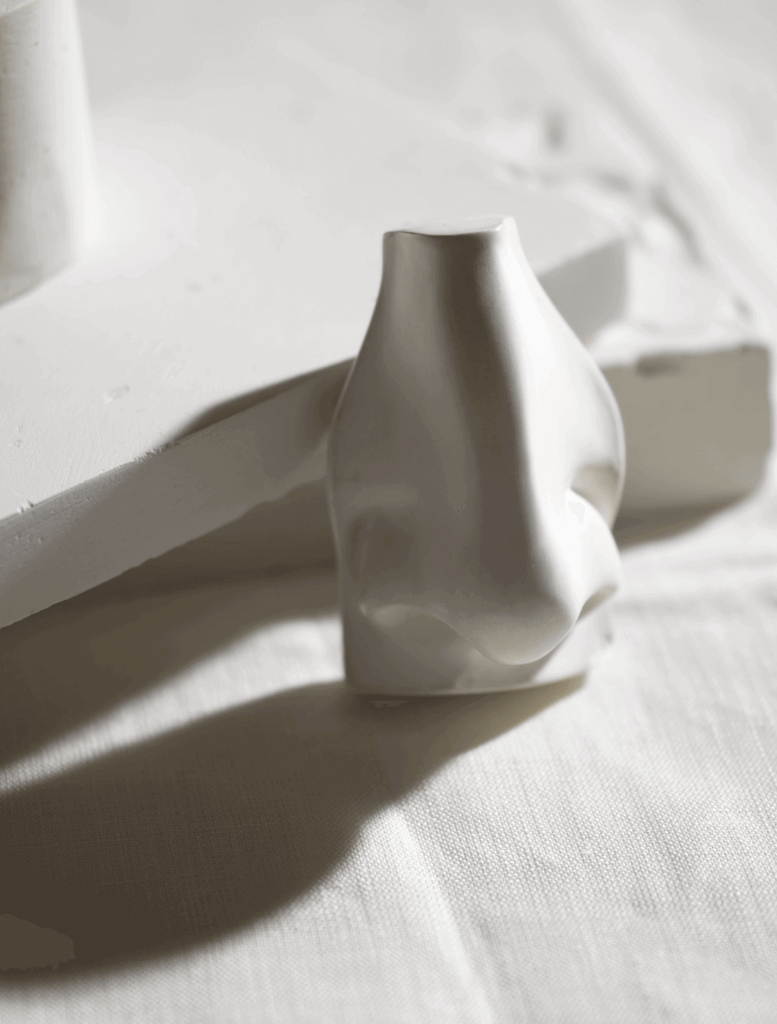23rd September 2025
The Best Time of Year to Plan Your Rhinoplasty Recovery
Rhinoplasty, often referred to as a nose job, is one of the most sought-after cosmetic procedures in the UK. Whether chosen for functional reasons, such as correcting breathing difficulties, or for aesthetic refinement, rhinoplasty requires careful consideration, not only when selecting a surgeon, but also when deciding when to undergo the procedure.
The recovery period is a crucial stage in your journey, as it determines how smoothly you heal and how quickly you can return to your everyday activities. Interestingly, the time of year you choose for surgery can make a significant difference to your comfort, results, and overall experience.
This article explores the best times of year to plan your rhinoplasty recovery, factors to keep in mind for each season, and practical tips for ensuring your healing process is as smooth as possible.
Why Timing Matters for Rhinoplasty Recovery
Although rhinoplasty is a highly personalised procedure, recovery typically involves swelling, bruising, and a temporary adjustment in daily activities. Choosing the right time of year to have your surgery can help you:
-
Minimise swelling and discomfort
-
Avoid environmental triggers that slow healing
-
Take advantage of seasonal downtime (e.g. holidays or breaks from work)
-
Reduce exposure to the sun, allergens, or extreme temperatures
-
Plan around social and professional commitments
Spring: A Season of Renewal
Spring is often seen as a fresh start, making it a popular season for cosmetic procedures.
Benefits:
-
Cooler weather helps reduce swelling and irritation.
-
Longer days provide natural light for recovery without excessive heat.
-
Spring breaks or bank holidays can give patients a discreet time off work.
Considerations:
-
Seasonal allergies can complicate recovery, especially for those prone to hay fever. Sneezing and congestion may affect comfort post-surgery.
-
Pollen counts can increase nasal irritation, so this season may not be ideal for patients with severe allergies.
Summer: Balancing Sunshine and Healing
Many people initially consider summer an appealing time for rhinoplasty, particularly if they want to be fully healed before a big event later in the year.
Benefits:
-
Flexible schedules. Students and professionals may find it easier to take time off.
-
Plenty of daylight supports mood and recovery.
Considerations:
-
Heat and direct sunlight can worsen swelling and bruising.
-
Outdoor activities (swimming, sports, holidays) may need to be postponed.
-
Protecting the healing nose from UV exposure is essential, as sun damage can affect skin healing and scarring.
Autumn: A Favourable Time for Rhinoplasty
Autumn is widely considered one of the best seasons for rhinoplasty recovery.
Benefits:
-
Cooler weather reduces swelling and improves comfort.
-
Social calendars often quieten after summer, offering privacy during recovery.
-
Patients can enjoy full results by the festive season, making autumn surgery ideal for those wanting to look their best by December.
-
Fewer allergens in the air compared to spring.
Considerations:
-
Work and school schedules may be busier in September, so planning time off in advance is essential.
Winter: Discreet Recovery From Rhinoplasty During the Holiday Season
Winter is another excellent time to undergo rhinoplasty, particularly for those who want recovery to blend seamlessly into seasonal downtime.
Benefits:
-
Scarves, hats, and winter clothing provide discreet coverage.
-
Cooler temperatures help minimise swelling.
-
Many workplaces offer time off around Christmas and New Year, giving patients the chance to recover without taking extra leave.
Considerations:
-
Cold and flu season can complicate recovery, as congestion and sneezing may affect healing.
-
Shorter days and darker weather may impact mood, so planning additional rest and support is important.
Key Factors When Choosing the Best Time for Rhinoplasty
Regardless of the season, patients should also consider personal and lifestyle factors, including:
-
Work commitments: Do you have deadlines, meetings, or public events to avoid during recovery?
-
Social events: Weddings, holidays, or family gatherings may influence the timing.
-
Support system: Ensure you have friends or family available to help during the first week post-surgery.
-
Surgeon availability: High-demand surgeons may be booked months in advance.
FAQs for Rhinoplasty
1. How long does rhinoplasty recovery take?
Most patients can return to work and light activities after 1–2 weeks, but swelling can take several months to fully resolve. Final results may take up to a year.
2. Which season is best for rhinoplasty recovery?
Autumn and winter are often preferred due to cooler weather, fewer social events, and reduced sun exposure.
3. Can I travel shortly after rhinoplasty?
It’s recommended to avoid flying for at least 2–3 weeks post-surgery, as cabin pressure can increase swelling. Always confirm with your surgeon.
4. Will sun exposure affect my rhinoplasty results?
Yes. Direct sun can cause swelling, pigmentation changes, and delayed healing. Sunscreen and hats are essential if outdoors.
5. Is it safe to have rhinoplasty during allergy season?
If you suffer from hay fever or sinus issues, spring may be less comfortable for recovery. Discuss your medical history with your surgeon.
6. How soon before a big event should I schedule rhinoplasty?
Ideally, plan at least 6–12 months before a major life event to allow full healing and optimal results.
7. Do colder temperatures really help with recovery?
Yes. Cooler weather naturally reduces inflammation and swelling, which can improve comfort during the early stages of healing.
8. What if I get a cold during recovery?
Sneezing and congestion can place strain on the healing nose. It’s important to rest, avoid blowing your nose, and contact your surgeon for advice.
9. Can I wear glasses after rhinoplasty?
Patients should avoid resting glasses on the nose for at least 4–6 weeks, as pressure can affect healing. Alternatives include lightweight frames or taping glasses to the forehead.
10. How do I plan time off work or school?
Most patients take 1–2 weeks off, but it depends on the type of work. Jobs involving heavy lifting may require a longer recovery period.
Choosing the right time of year for your rhinoplasty can greatly influence your recovery journey. While autumn and winter are often the most convenient seasons due to cooler weather and quieter schedules, the best choice ultimately depends on your lifestyle, commitments, and health.
If you are considering rhinoplasty, planning is essential. Booking your consultation months in advance ensures you can align your surgery with your ideal recovery window.





